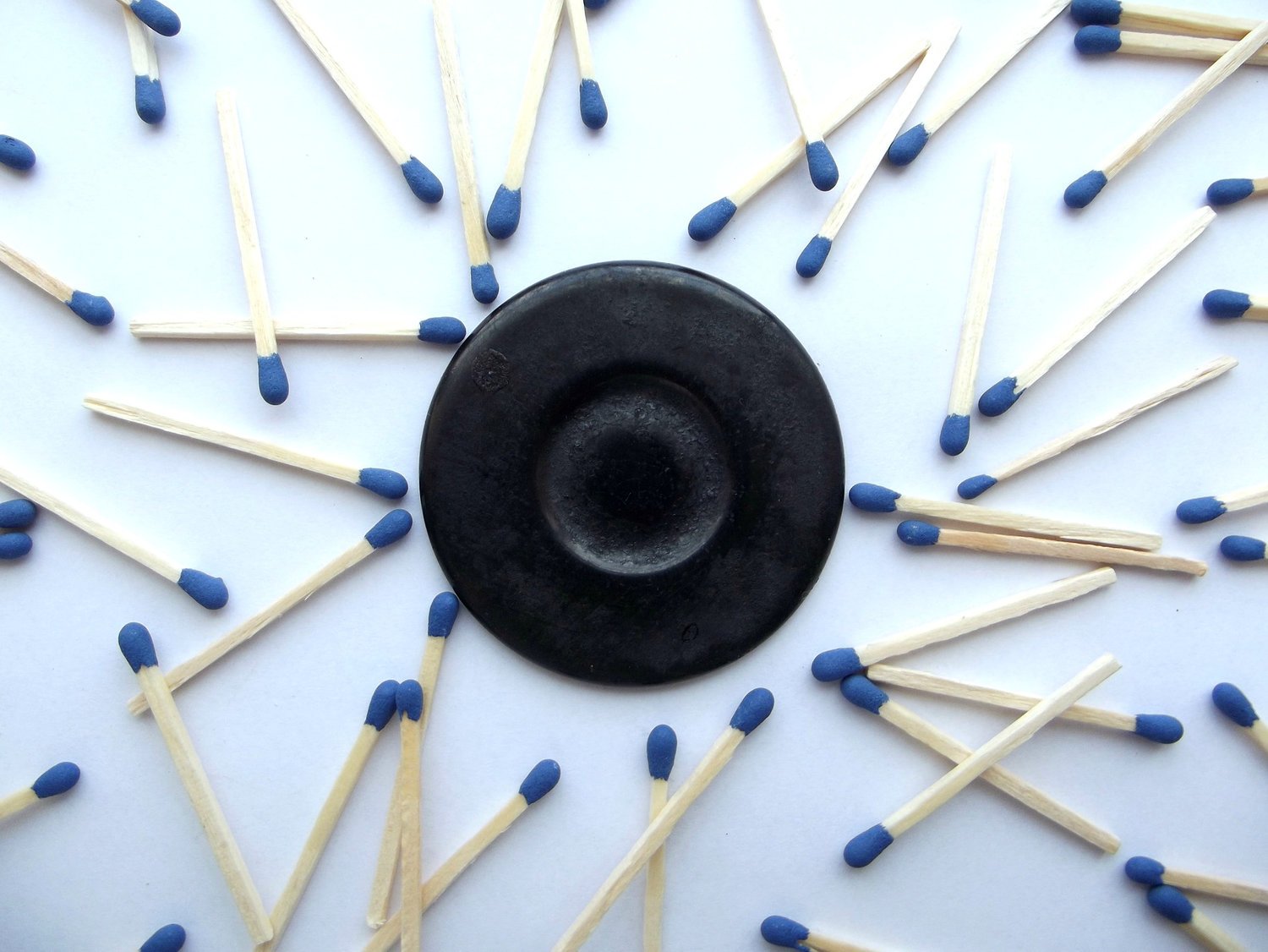All About Sperm: How sperm quality may affect your fertility (and say about his overall health)
[Note: Check out Part 1 , All About the Egg as it takes two to make a healthy baby!]
Here is what we know- it takes two to make a healthy embryo and baby! A man’s contribution to the fertility process is just as important as his partner’s and may be the cause of infertility (including recurrent miscarriage due to genetic abnormalities or poor placenta formation new research indicates) up to 40% of the time. There is a tendency to put all the focus on the female partner when in reality, both partners should be screened and be active in improving overall health to promote the best quality eggs and sperm.
So how does it all work and where do things go wrong? Let’s start (as we did in All About the Egg) with a review of physiology: Unlike women (who are born with all their eggs), men begin to make sperm at puberty and continue to do so throughout their life. Simply put, at puberty, the brain stimulates the production of testosterone which in turn causes germ cells in the tiny tubules of the testicles to begin the production of sperm. It is here that sperm begin to mature and form a head containing genetic material and a tail to assist in movement through the female body for fertilization. From start to finish, the division and maturation process takes about 72 days or about 2.5 months. The latter 5 weeks are spent moving from the testicles and into/through the track of the epididymis where they reach final maturation, gain the ability to move, and are stored until ejaculation. With sexual stimulation, the sperm is moved from the epididymis through the vas deferens to the ejaculatory ducts and mixed with seminal fluid to form semen which is then pushed out through the penis with ejaculation through the urethra. Men produce millions of sperm per day and anything that isn’t ejaculated is reabsorbed by the body over time.
While this process is continual, it is important to remember that it only takes one sperm, one healthy sperm, to get the job done (if there aren’t any blockages obstructing the process we just discussed)and that his health during the almost 3 month growth and maturation timeline may be a factor in the health of his sperm and fertility/pregnancy outcomes.
If a couple is experiencing difficulty getting pregnant or has a history of miscarriage, it is important to include a semen analysis as part of the diagnostic picture. A semen analysis looks at the following:
Volume- How much semen was produced. Normal is between 1.5 – 5 mL.
Concentration- How many million does each mL contain? The low end of normal is 15-20 million per mL.
Motility/Total Motile Count- How many of them are moving? Normal is at least 40-50% (or at least 20 million moving per sample when looking at volume, concentration, and motility).
Morphology- What percentage of them are normally shaped (allowing for fertilization of the egg)? Normal is usually between 4-8%.
Other factors include pH, number of days of abstinence, white blood cell counts, etc.
Based on these results, a referral may be made to a urologist to do further hormone testing or to rule out blockages, genetic disorders, or varicoceles. It is also important to keep in mind that recent research is pointing to semen quality as a “biomarker” of possible underlying disease risks- a good reminder to be proactive for his future health!
But what if all checks out with the urologist, but results are below “normal” or maybe even “normal” but not great? This is where diet, lifestyle, and supplements can be a great addition! Oh, and did I mention acupuncture!
We know that the following can affect sperm health and function:
Age- As we age, our mitochondria (the energy-producing organelles of our cells) are more likely to exhibit dysfunction leading to high levels of reactive oxygen species (ROS) resulting in DNA damage and reduced motility of sperm.
Nutritional Status- Men who are overweight or obese have a higher incidence of low semen volume, reduced sperm count, and even azoospermia (complete lack of sperm in semen) possibly due to reduced testosterone levels or increased body heat.
Environmental Exposures- Exposure to chemicals, pesticides, cigarettes, marijuana, and large amounts of alcohol can affect sperm quantity and quality. Sperm are also very sensitive to temperature and it is best to avoid overheating the testes (which are located outside the body for this reason).
Stress- We are still learning the ways in which stress may play a role in sub fertility, but we do know that reducing stress is important! Chronic stress can divert blood flow from the reproductive organs and may affect hormone balance and create free radicals which impair sperm production.
So what can he do improve his sperm health and chances of a healthy conception and pregnancy over the next few months?
Consider adding in supplements to ensure you are getting all the nutrients you need to improve sperm quality, reduce oxidative stress, and increase mitochondria production! CoQ10 is our top recommendation along with a high-quality men’s supplements that contains all the essential nutrients to improve sperm parameters. Contact us for more information on the brands and dosages we suggest as not all supplements are created equal!
Wear loose fitting underwear; avoid saunas, jacuzzis, and very hot baths; limit the number of hours per week on a bicycle seat; and keep laptops and cell phones off your lap/waist.
Maintain a healthy weight. Moderate exercise is great for stress and cardiovascular health.
Eat a clean, balanced diet! Eat organic as much as possible and avoid pesticides and hormones in meat and dairy. If you have dietary sensitivities, avoid those foods (such as gluten). Ask us for our fertility diet guide or our fertility foods cheat sheet!
Clean out your cabinets of non-stick frying pans, chemicals, makeup, and body products (including anti-bacterial soap) that contain fragrances, parabens, and other toxic ingredients. Use glass instead of plastic. Drink plenty of filtered water throughout the day. Quit smoking and reduce or omit alcohol and caffeine.
Get plenty of sleep (minimum 7-9 hours) and include daily stress reduction techniques such as breathing, meditation, or gentle exercise such as walking, restorative yoga, or tai chi.
Get regular acupuncture to improve blood flow, reduce stress, and improve sleep:)
Let us know if you would like to schedule a phone call to learn more about how acupuncture can help make the next 72 days the best yet!


